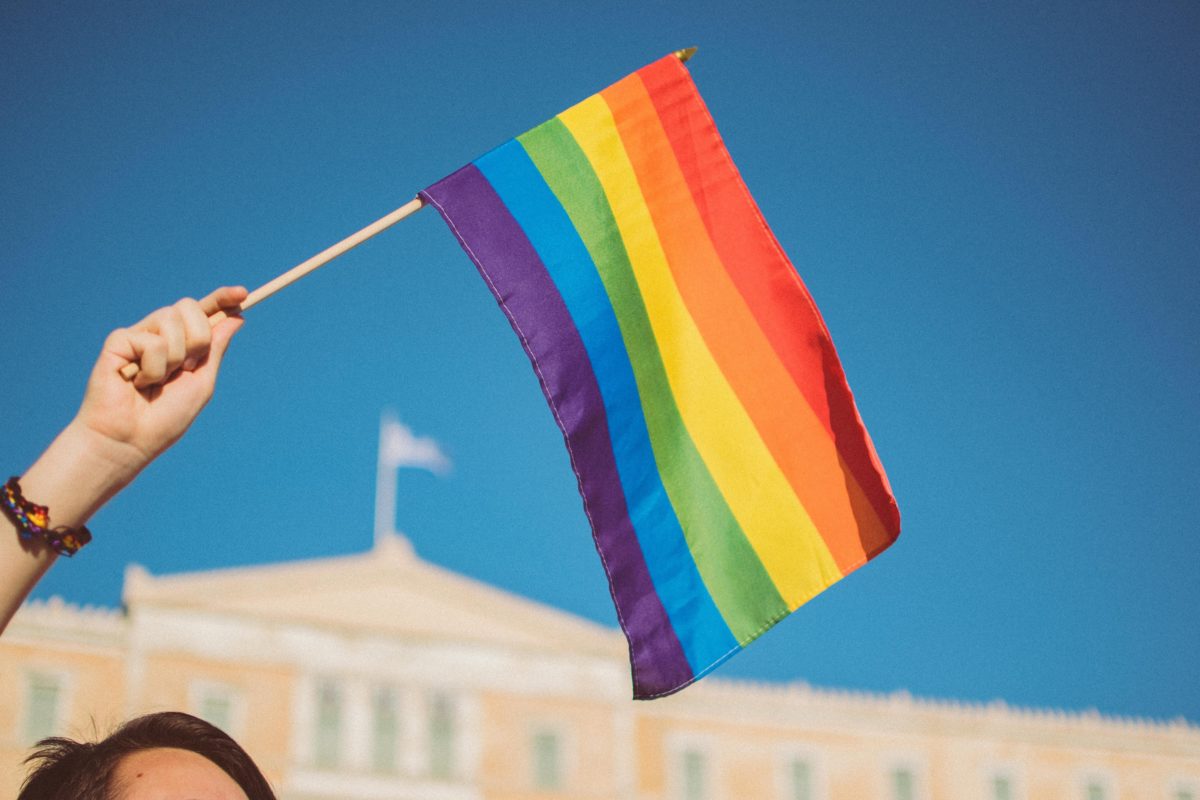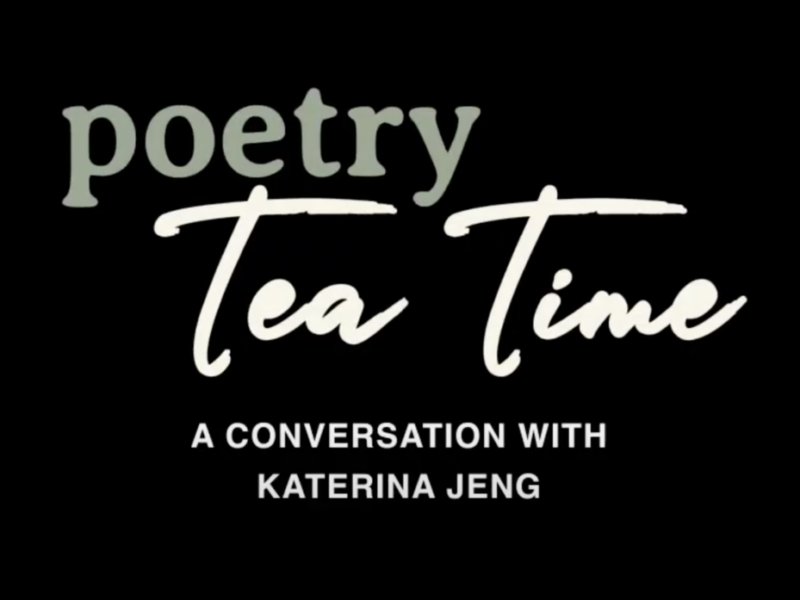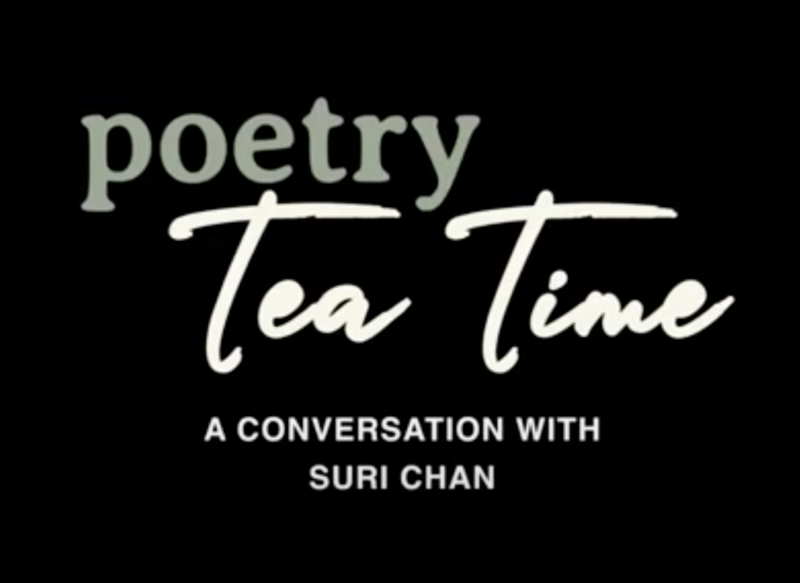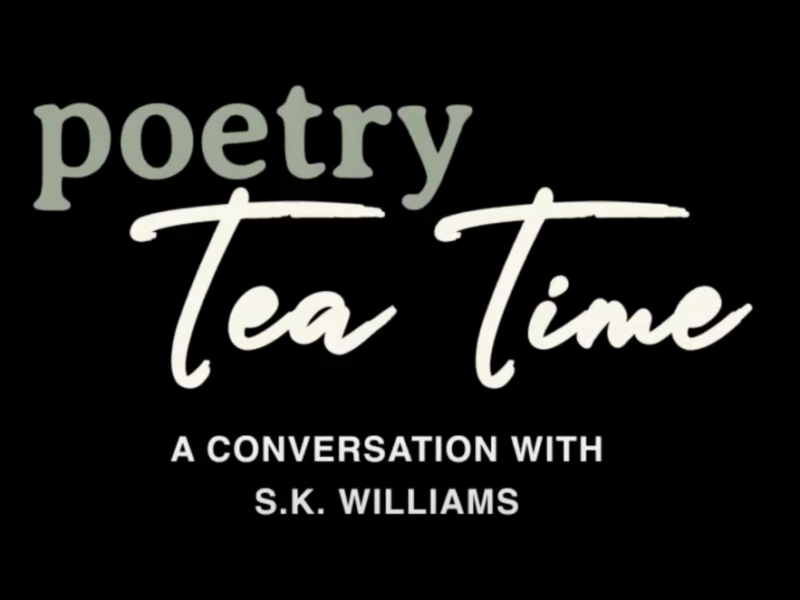Happy National Coming Out Day! Founded in 1988, National Coming Out Day strives to increase visibility for LGBTQ people and groups. Robert Eichberg, a prominent gay rights activist who died in 1995 and who first commemorated the day, summed it up like this: “Most people think they don’t know anyone gay or lesbian, and, in fact, everybody does. It is imperative that we come out and let people know who we are and disabuse them of their fears and stereotypes.”
Of course, some aspects of society have changed since that famous quote, thankfully. We now know that an estimated 4.5 percent of Americans identify as LGBTQ—but, for younger generations, this number can be much higher—and that some surveyed may choose not to disclose this information. Similarly, now LGBTQ activists crucially stress that it’s never someone’s duty to come out: If you’re thinking about coming out, make sure it’s a safe, unpressured decision.
However, many influential figures have exhibited the boldness and courage that Eichberg’s quote emphasizes, including poets. From the ancient Sappho to English-major-favorite W.H. Auden, poets have been declaring their LGBTQ love for centuries, oftentimes even before readers and surrounding society expressed acceptance. Here are five poets who have carried or continue to carry on that important tradition.
Eileen Myles
A self-proclaimed “loudmouthed lesbian” who uses they/them pronouns, Eileen Myles received mainstream acclaim when they had a recurring role on the hit show Transparent. However, they have also published twenty collections of both poetry and fiction, where queer identity and sensuality emerge as major themes. They’ve also received four Lambda Book Awards, an accolade given to notable LGBTQ writers.
Listed as one of the best queer love poems by the Poetry Foundation, Myles’ poem “Peanut Butter” refuses to write about queer sexuality from a place of pain or sadness. Instead, they comment on its naturalness and its innate, long-flowing presence: “why shouldn’t / something / I have always / known be the / very best there / is. I love / you from my / childhood, / starting back / there when / one day was / just like the / rest, random / growth and / breezes, constant / love.”
Tommy Pico
Tommy Pico is a gay, indigenous poet and former Lamba Literary fellow who describes his Myers Briggs type as “IDGAF.” His poetry, which spans three collections, contains this same wild fearlessness and individualism.
His poem “Feed” ruminates on everything from stretch denim and wedding gifts to dialysis and imperialism, blending the strangely funny with the serious in one distinct voice. It can be a freeing, intimate escape, as Pico writes, “We drive for hours because it’s an excuse to sing / together and I forget other people / are around and we’re driving / to the coast and the radio is cranked all the way up / and our inhibitions cranked all the way / down.”
Pat Parker
An African American, lesbian, feminist poet praised by Audre Lorde herself, Parker’s work showcases the true meaning of intersectionality. Before her death in 1989, Parker wrote five poetry collections, participated in civil rights marches, and even testified before the United Nations on behalf of her causes.
In “My Lover Is a Woman,” Parker weaves her experience in a same-sex relationship and in an interracial relationship into one nuanced, affirming poem. Throughout the poem, Parker imagines what figures such as her family, policemen, and men at bars would say about her relationship, yet counters these refrains with her own sense of security and peace: “my lover’s eyes are blue / & when she looks at me / i float in a warm lake / feel my muscles go weak with want / feel good / feel safe.”
Kayleb Rae Candrilli
Transgender poet Kayleb Rae Candrilli focuses on resilience and joy in their work, balancing these two concepts to evoke what it means to be queer. Their collections are titled What Runs Over and All The Gay Saints.
In “My partner wants me to write them a poem about Sheryl Crow,” which you can listen to them read on the Poetry Magazine podcast, Candrilli describes visiting their hometown—a place they’ve associated with trauma, poverty, and drug use—with their partner. The poem becomes a journey of trying to overcome anguish, as well as a quiet celebration of love’s buoyant undercurrent. In response to the request from Candrilli’s partner, they respond: “but all I want to do is marry them on a beach / that refuses to take itself too seriously. / So much of our lives has been serious. / Over time, I’ve learned that love is most astonishing / when it persists after learning where we come from.”
Find a longer list of LGBTQ poems here and resources on coming out here.




